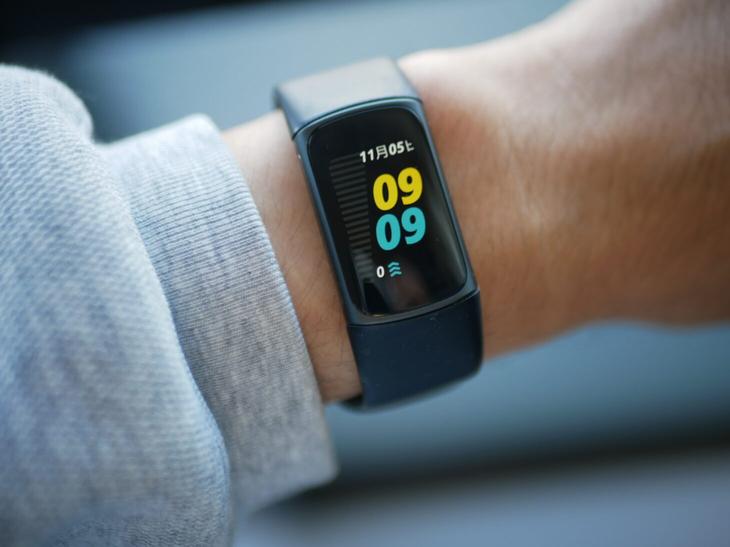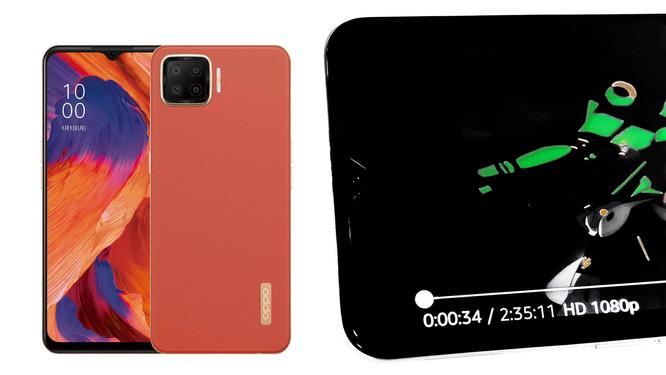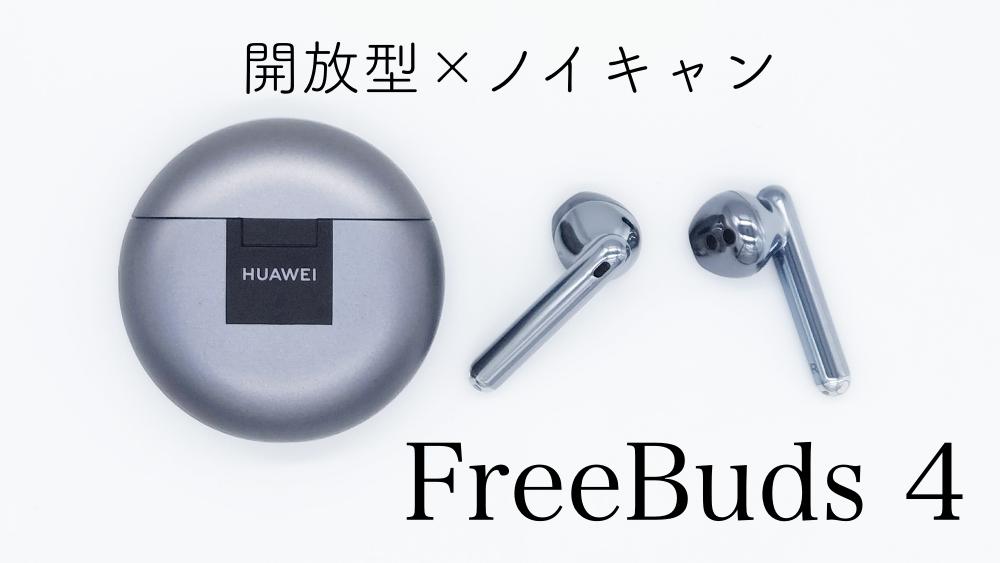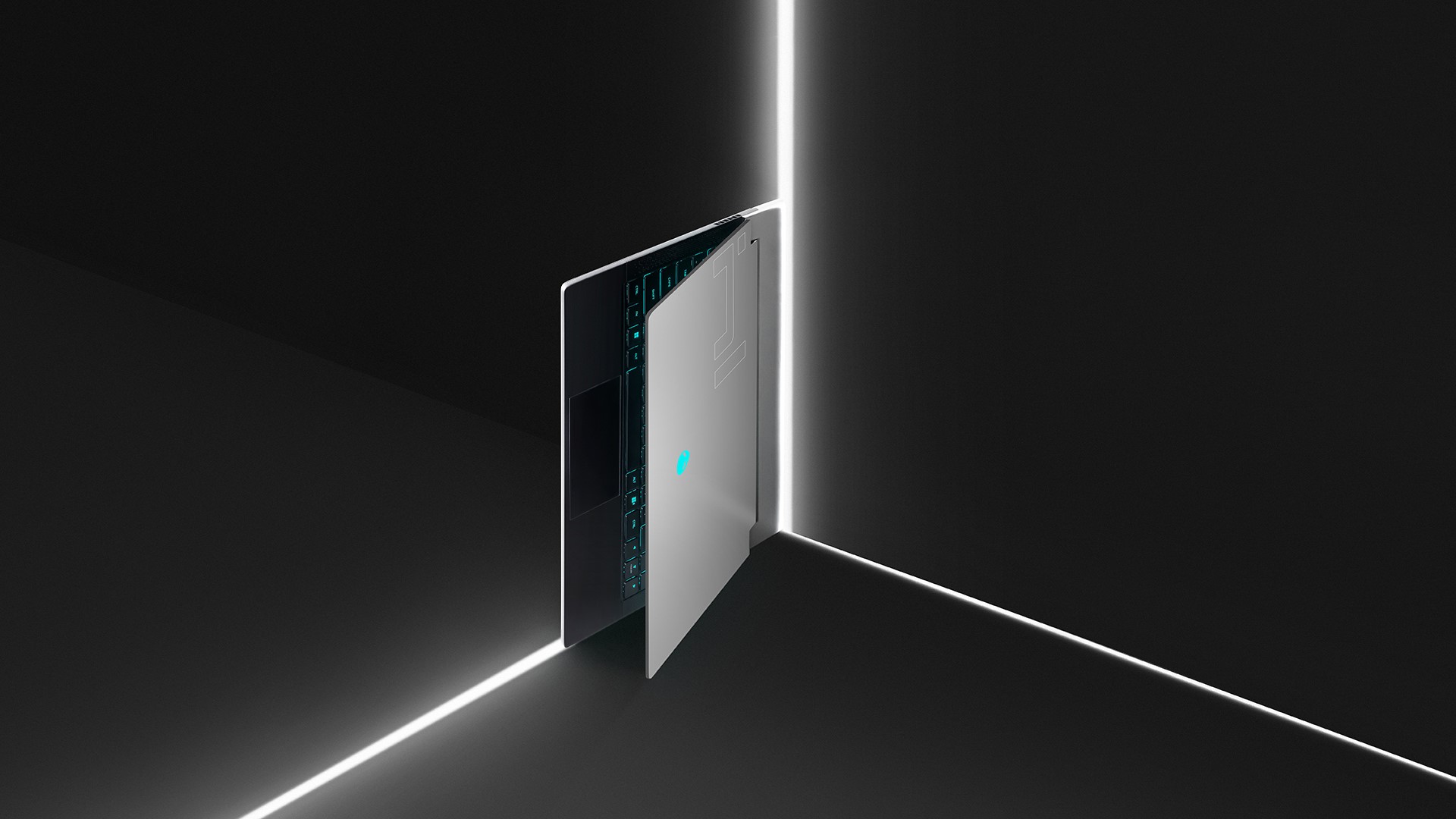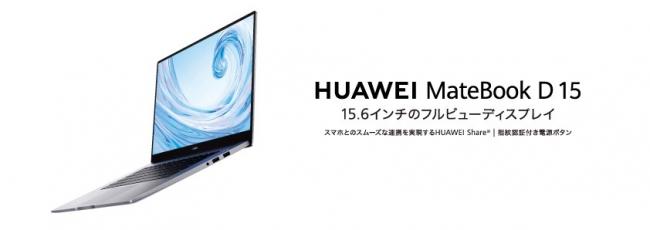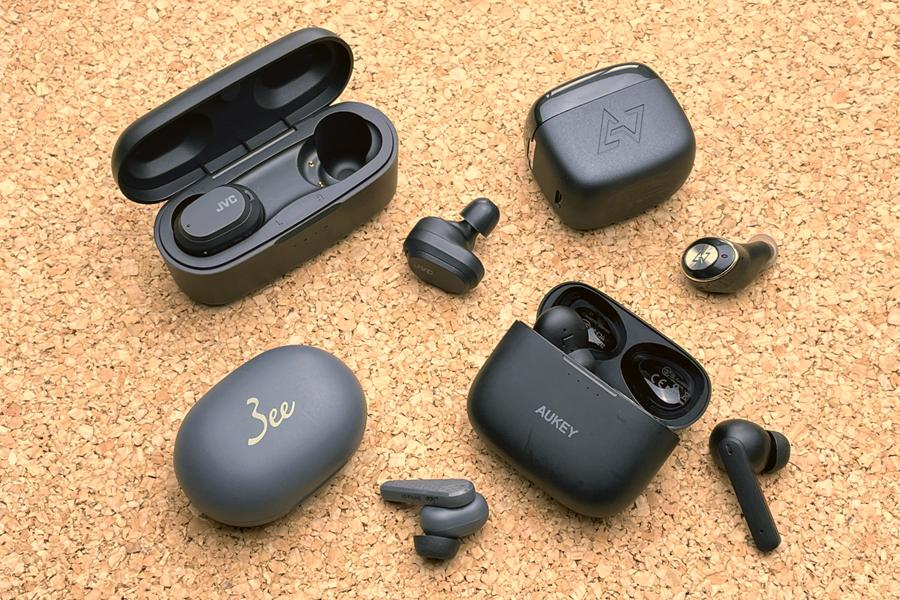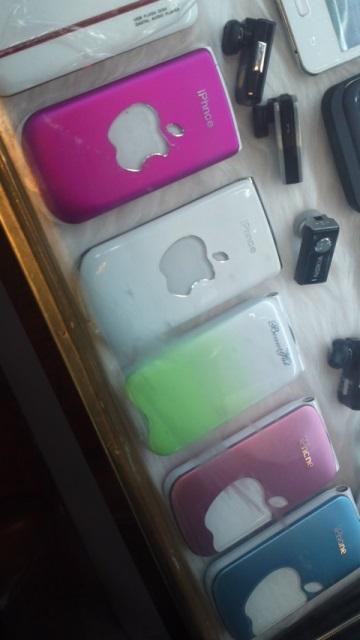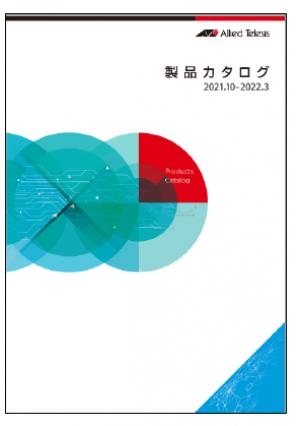The pinnacle of fitness trackers
The latest model of the Fitbit Charge series, "Fitbit Charge 5," which was just launched in August 2021, is very popular among sports enthusiasts. It is a fitness tracker with a high
The online version of Runners World, the most popular running magazine in the United States, announced in an article dated December 28, 2021 (*1) that the Fitbit Charge 5 is the best fitness tracker out there. Evaluation is one such example.
*1. Get Fit, Fuel Up: The Best Fitness and Nutrition Products to Power Your Running.
https://www.runnersworld.com/training/a38554701/fitness-nutrition-awards/
In the same article, the best smartwatch is the Apple Watch Series 7, the best GPS watch is the COROS PACE 2, and the best recovery tracker is the Whoop Strap 3.0. .
I've owned a Fitbit Charge 3 for some time, skipped one version, upgraded to the Charge 5, and started using it in mid-November. Since then, I have been wearing my Fitbit Charge 5 almost 24 hours a day, 7 days a week, and at the same time, I have been conducting various experiments, mainly from the perspective of an exercise geek, and have published the results on this site. rice field.
This time, as a summary, I will introduce the impressions and some episodes of actually using Fitbit Charge 5.
Long-lasting battery
The product introduction page (*2) on the Fitbit official website states that the charge 5 battery can run for up to 7 days.
*2. https://www.fitbit.com/global/jp/products/trackers/charge5
However, this seems to be the case when the user has had little activity.
Although there is a note on the page above that says, "*Battery life varies depending on usage and other factors. Up to 5 hours with continuous use of GPS." The longest it lasted was 4 days.
Even if you don't use the GPS function, the battery will be consumed just by displaying the screen, and the same is true when measuring your exercise. In other words, the more active a person is, the more frequently the battery needs to be charged. On average, I used shower time every two to three days as my main charging time.
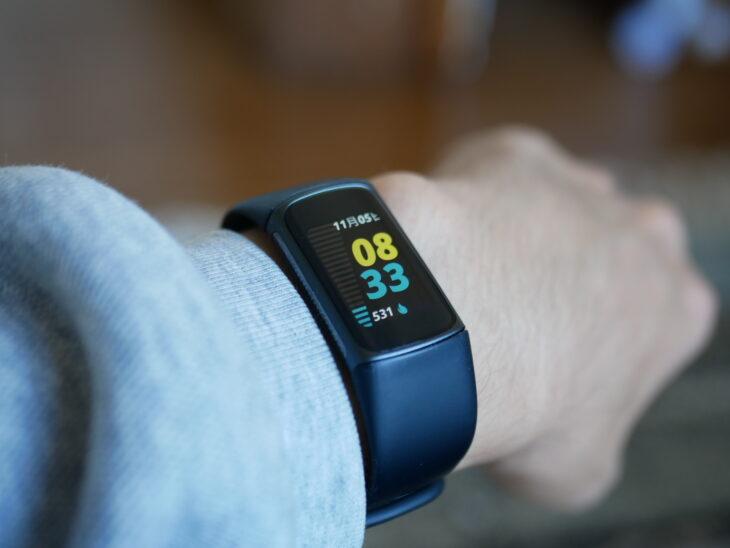
The charge 5 is pretty waterproof, so you don't have to take it off your wrist when you're taking a bath, but strangely enough, when I was washing my hair and body in the shower, it was recognized as "swimming." something happened. I don't know if it's the slow movement of the arm or the wetness, but I think it's the former (I'll explain why later).
Better Color Display
For me, the biggest difference in the charge 3 -> 5 upgrade was the display. The screen, which was previously black and white, is now in color, making it much easier to see. In my experience, things that used to require me to stare closely at the screen can now be seen at a glance without moving my wrist.
In addition, the operability seems to be improved. In order to make the battery last longer, "Always display" is turned off, so when I call up the display screen, I tap the screen. .
I was often frustrated with the charge 3's screen staying black no matter how many taps I made, but with the charge 5 this is no longer the case. I feel that the operability when changing screens by swiping has become much smoother.
The accuracy of sleep measurement is amazing
This is what I felt from the previous version, but the biggest advantage of wearing Fitbit all the time is that it greatly improves sleep time and quality. You can probably figure it out accurately.
The time you went to bed, the time you got out of bed, the time you woke up in the middle of the night, your vague memories and the Fitbit app rarely differed significantly. I'm not sure how the Fitbit can tell I'm sleeping when I'm not signaling that I'm going to sleep, but it's "nearly 100%" accurate.
In addition to simply measuring sleep time, it records each sleep stage such as light sleep, deep sleep, and REM sleep, and I feel that this is probably accurate as well. This is because it is believed that the times when we remember having vivid dreams were always in the stage of REM sleep. Conversely, most of the time you think you slept soundly without dreaming is in the “deep sleep” stage.
However, as I said above, "nearly 100%", I have some personal data to prove that Fitbit's sleep tracking capabilities aren't necessarily perfect. The time spent sitting in a chair watching a movie at the movie theater was added to the "sleep" time. It also happened twice.
In both cases, Fitbit claims I slept for about an hour and a half of the roughly two-hour run, but I remember the story and lines of both movies just fine. There may have been times when I fell asleep momentarily, but it's too much to say that I slept for about three quarters of the work. This doesn't happen when you're watching TV at home, so it's probably considered sleep if you don't move your body for a certain amount of time.
Convenient automatic sports recognition function
If you want to accurately measure distance and time while running or cycling, or if you want to record geographic information, click the "Start" and "End" buttons on the Fitbit screen. Tap. However, when you don't need very strict data, Fitbit's ability to automatically recognize and record your exercise is very convenient. I think that the running data is almost the same with automatic recognition and manual, and it is quite accurate.
I run almost every day. I also practice other sports on a daily basis, such as CrossFit, baseball, and tennis. It would be much quicker to count the days without exercise. Therefore, if you wear Fitbit and live, you will accumulate a lot of exercise data every day. Time spent exercising and changes in heart rate are very valuable and interesting information.
However, as I mentioned earlier that the movement of taking a shower was recognized as swimming, Fitbit's exercise recognition function seems to be not perfect either. When I was coaching baseball, the time I was throwing the toss from the bottom of the toss batting was also "swimming". On the other hand, when I was swinging the bat with a knock or when I was a batting pitcher, it was considered "sports." Around here, it's a mystery to me how Fitbit's sensors track exercise.
A tracker that emphasizes health management rather than fitness
Fitbit's official Japanese site (*2) calls the charge 5 "Fitbit's most advanced health management tracker." increase. However, the English site (*3), which seems to be the original text, describes the same product as "our most advanced fitness & health tracker".
*3. https://www.fitbit.com/global/us/products/trackers/charge5
In other words, the product introduction on the Japanese site does not mention the "fitness" part of charge 5, but emphasizes "health management", and I had a similar impression. It has a lot of athletic features, but I think it's more appealing to health-conscious people than hardcore athletes.
●Author Profile Go Kakutani Lives in California, USA. He is a Certified Strength and Conditioning Specialist (CSCS), a CrossFit Level 1 Certified Trainer, and is currently the Cross Country Running Manager at TVT High School in Irvine, California. He is also a citizen runner who runs full marathons and ultramarathons several times a year. The best time for a full marathon is 3 hours 26 minutes. Official Facebook is https://www.facebook.com/WriterKakutani
Fitbit Charge5 usage review. No. 1 comfort and multi-function in the band type model!
Fitbit Charge 5 adds "Today's Energy Score" and ECG app. ECG app not supported in Japan

